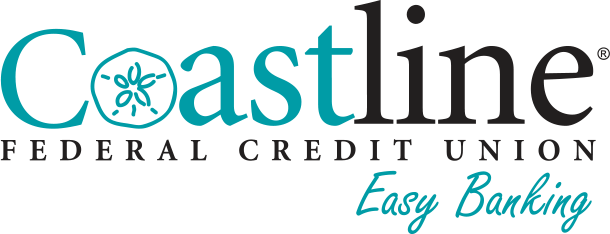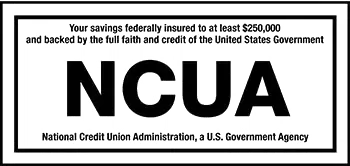It’s Your Dime: Travel Tips to Save Money
Everybody could use some extra time away from it all, but nothing spoils a scenic view quite like the high price tag of seeing it. There’s nothing wrong with spending money on quality or relying on credit to make your vacation perfect, but getting the most bang for your buck is always in season. So when you’re planning, saving for, and setting off on your next adventure, here are some tidbits to keep in your carry-on.
Avoid Tourist Traps
What constitutes a tourist trap? Any place with a gift shop and amateur photographers is almost certainly a tourist trap. It might seem obvious, but popular destinations are popular for a reason, and for every visitor, at least a dozen merchants are vying for your cash. They won’t care if you don’t engage with them, so why should you? Just keep moving, they won’t spend time on you if there’s another target they have a better chance of selling to. Speaking of, that leads to our next entry: souvenirs.
You CAN Take It with You! (For a Fee)
Souvenirs are fantastic, but there’s a reason people tend to value experiences over material goods. When shopping for a keepsake, gift, or commemorative item, consider the price of each item carefully – it’s almost certainly marked up, but how much? Can it be found on Amazon and at a fraction of the cost? How much use will you get out of it? Not every item has to serve a purpose – reminding you of a great trip is purpose enough! But, how long will you hold on to it? Will it be a family treasure or a tchotchke bound for a landfill? Often, the best things you bring back from vacation are the memories and the photos.
Memories Are Priceless – But How Much to Get the Phone Back?
Pictures are fantastic for capturing memories, just be wary of aggressively friendly strangers at popular sites. Scammers tend to hang around destinations to offer to take a photo for you and then demand payment for the service, often holding your phone or camera hostage as payment insurance. Assuming they don’t run off with it full stop.
Plan for the Off-Season
Most travel and vacation occur during summer and spring and with good reason. Whether it’s an issue of climate, accessibility, or profitability, many popular destinations and locations reach their peak operation during warmer times of year. If at all possible, do your best to game when you visit for reduced prices and fewer crowds. The “off-season” isn’t necessarily winter, but try to determine when the season opens, peaks, and closes. Aiming for a few weeks or months after (but before they close for the year. if applicable) usually offers the best blend of reasonable price and experience. Depending on your venture, opening season could also be viable, but don’t be surprised if there’s a crowd chomping at the bit to make the most of a special getaway. Of course, the “off-season” isn’t strictly a calendar season either. Plenty of attractions offer prorated prices during weekday hours as an incentive to draw in business. Visiting while most are at work or home is also a considerable factor when economizing for enjoyment.
Plan Ahead, Book in Advance
To quote contemporary musician David Burd on the topic of saving money, “Book flight December, but I leave in May (I do).” Booking as far in advance as possible is traditionally a great way to save on costs, but it depends on how planned out your overall excursion is. If you’re traveling for an occasion – wedding, conference, reunion – and want to make a trip of it, then book your tickets and lodging as soon as you have the date. Rarely will that change and prices will almost certainly increase as the event creeps closer.
It’s Always True, Except When It Isn’t
That said, if you’re into spontaneity and have a devil-may-care approach to your travels, then last-minute bookings can be more advantageous. (“Can” is doing some heavy lifting in that last sentence.) Accommodations and travel prices often hit an inflection point immediately before their arrival. During these windows, companies and merchants prefer to have someone pay something rather than make no money at all. Buyer beware though! It can be riskier to wait longer because sometimes (especially if there is an event such as a concert, game, or attraction bringing people in from all over) prices will only increase and bookings for flights and housing may not be possible. It truly is a timing game: High risk, high reward.
Hopefully, these pieces of advice have offered insights for when you’re daydreaming about your next adventure. Whether planning to hit the road the skies or the seas, be mindful of where you’re headed for safety and financial security. The biggest key to financial security while traveling is to notify [Credit Union] well in advance before taking off. The last thing anybody wants is to have their card cut off away from home because their credit union didn’t know those charges in Vegas, New York, or Tokyo were legitimate. Should your card or account be compromised while abroad, notifying your institution of travel dates also helps clue us into when the fun ends and the fraud begins. So until next time, bon voyage!



